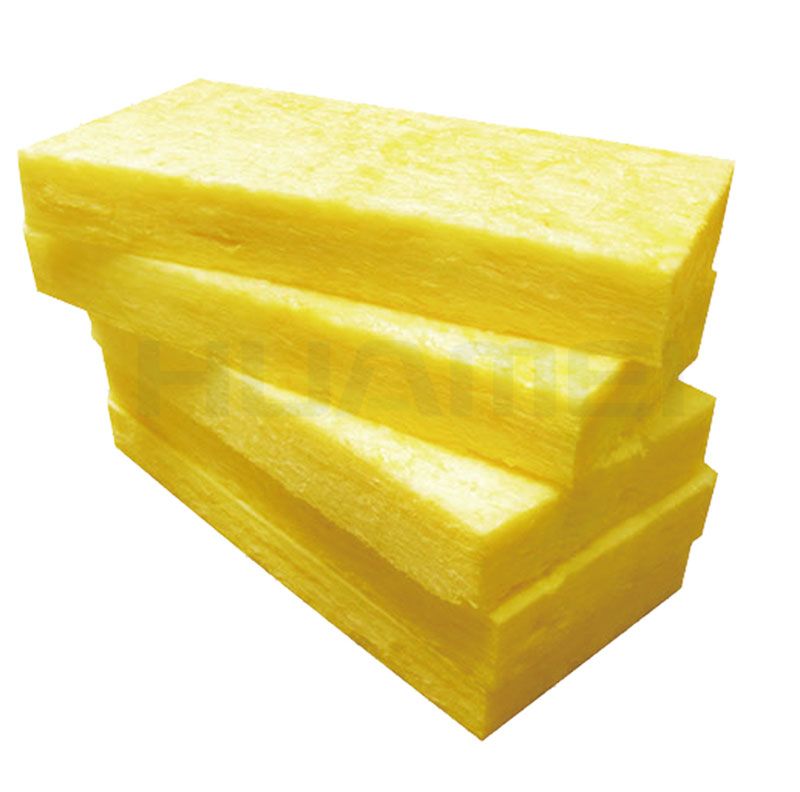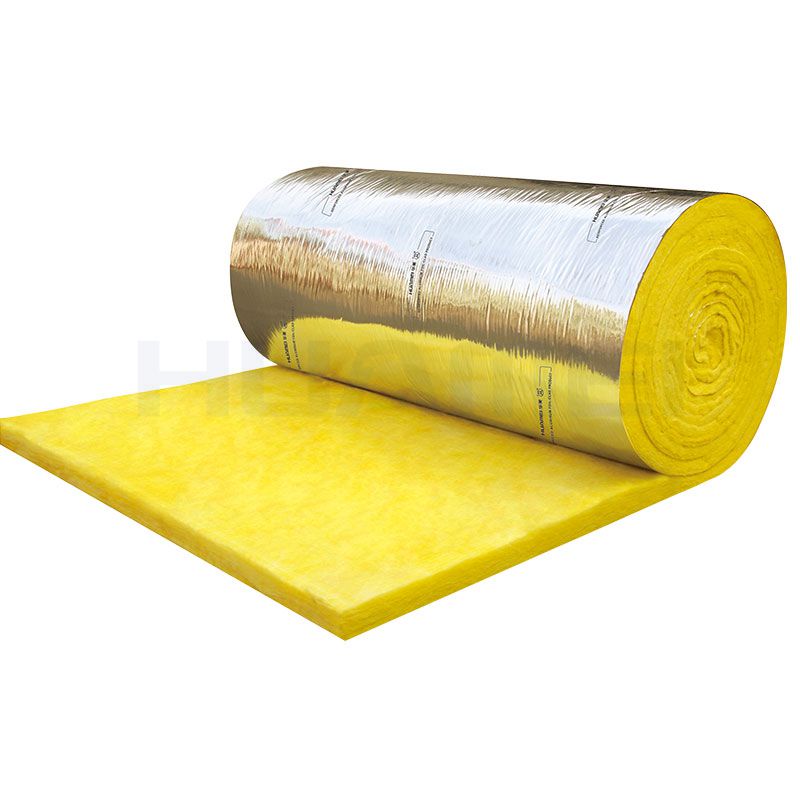E-mail: marketing@hbhuamei.com
Choosing the right insulation for your home or building is a crucial decision that can impact energy efficiency, comfort, and safety. Glass wool insulation is a popular option, but like any material, it has its pros and cons. In this article, we'll explore the advantages and disadvantages of glass wool insulation to help you make an informed choice.

Glass wool insulation offers several benefits that make it a preferred choice for many applications:
Glass wool has a low thermal conductivity, meaning it It can effectively prevent heat transfer and has good thermal insulation effect. It helps maintain comfortable indoor temperatures, reducing the need for extensive heating or cooling, and ultimately saving on energy bills.
One of the significant advantages of glass wool is its fire resistance,Glass wool is classified as a Class A fire-resistant material that maintains its shape and performance in high-temperature environments. It does not contribute to the spread of flames, making it a safe choice for insulating buildings.
Aside from thermal insulation, the fiber gap of glass wool can absorb sound waves. It can significantly reduce noise transmission between rooms,and is suitable for acoustic treatment of walls, ceilings and other places creating a quieter and more comfortable living or working environment.
Glass wool is resistant to moisture and does not promote mold or mildew growth. This ensures the longevity of the insulation and helps maintain indoor air quality.
Compared to some other insulation materials, glass wool is cost-effective. It provides a good balance between insulation performance and affordability, making it a practical choice for various projects.

While glass wool insulation has many advantages, it also has some drawbacks:
Handling glass wool without proper protection can lead to skin irritation and respiratory issues. Installers and homeowners must take precautions when working with this material.However,Huamei formaldehyde-free glass wool has green environmental certification and uses pure edible plant ecological adhesives. The finished product does not contain formaldehyde or acrylic acid and has the aroma of edible bread. Its non-toxic and non-irritating properties make it safe to use in homes with children or pets, ensuring peace of mind for homeowners
Glass wool can lose its insulation properties when exposed to moisture. Therefore, it's not ideal for use in damp or humid areas.
The production of glass wool involves energy-intensive processes, and some products may contain binders that raise environmental concerns. However, eco-friendly options are becoming more available.Huamei Group has always been practicing the core values of “integrity, standardization, standardization, innovation”, and is committed to producing high-quality, environmentally friendly and energy-saving products, Huamei glass wool does not contain asbestos, no mold, no microbial growth, non-toxic and harmless to the human body, and has been recognized by the National Center for Testing and Research of Building Materials as an environmentally friendly product.
Proper installation of glass wool requires attention to detail. Inadequate installation can lead to gaps, reducing its effectiveness as an insulator.
In conclusion, glass wool insulation has several advantages, including its thermal and acoustic insulation properties, fire resistance, and cost-effectiveness. However, it also has limitations, such as potential health risks during installation and sensitivity to moisture. Consider your specific needs and consult with experts when choosing insulation for your project.
Huamei glass wool insulation material is made of environmentally friendly materials, does not contain asbestos, mold, or microbial growth base, is non-toxic and harmless to the human body, and has been recognized as an environmentally friendly product by the National Building Materials Testing Technology Research Center. It has participated in the construction of the Abidjan Olympic Stadium in Cote d'Ivoire and the Harare International Airport in Zimbabwe. Many cases show that Huamei glass wool combines excellent performance, environmental protection, and professionalism.
If you are still worried about the adverse effects of using glass wool, please contact our experts, and our experts will answer your questions.
Copyright © Huamei Energy-saving Technology Group Co., Ltd. All Rights Reserved | Sitemap | Privacy Policy
Insulation solutions LIST: Insulation solutions LIST